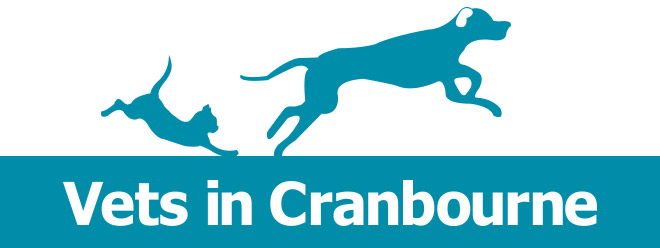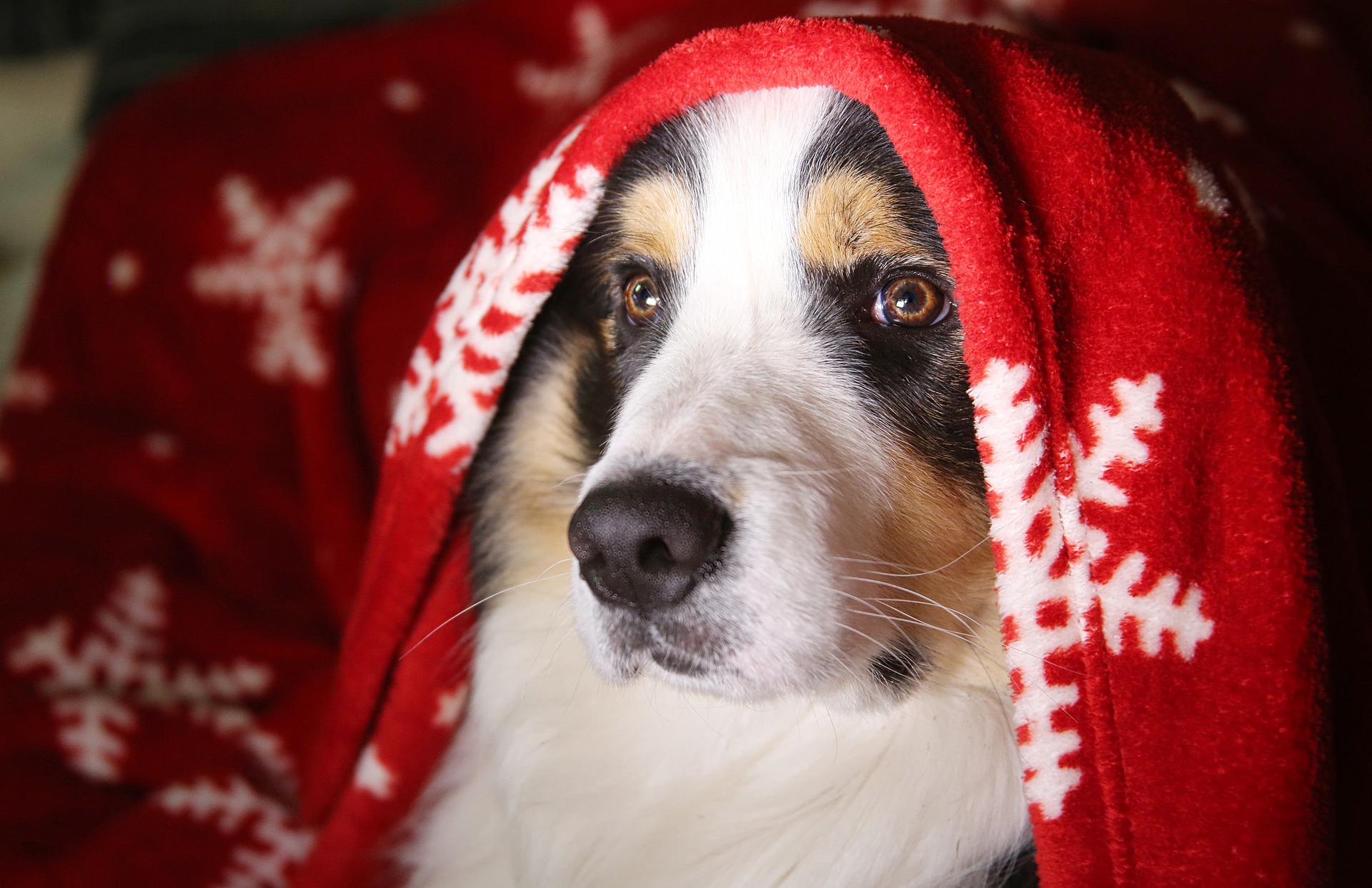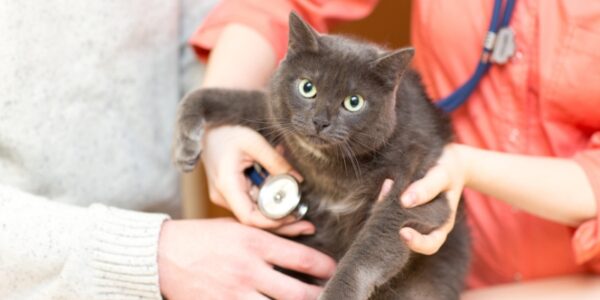As we reach the peak of summer we welcome long hot days and balmy nights. It’s the best time of the year to get out and about with your pet but there are a few hazards you need to watch out for.
Heat stroke:
It can be easy to overdo it in the summer and heat stress can be very serious in our pets. Therefore, it’s crucial to remember that our pets can’t perspire the way humans do, as they only produce only a tiny amount of sweat through their footpads. They cool themselves down by panting but sometimes this isn’t enough and they start to overheat.
Brachycephalic or flat-faced dogs (French bulldogs, Pugs, Cavaliers, Boxers) are super susceptible to heat stroke but ANY breed is at risk. Keep an eye out for excessive, exaggerated or noisy panting, drooling, weakness or collapse.
If you think your pet might have heat stroke, bring them to us immediately (or seek emergency veterinary care). It’s best to place your pet in front of the air conditioner or a fan while you are in the car. You can lightly spray them with water and also place wet towels on hairless parts of the body (footpads and groins). You should not immerse them in cold water or use ice as this can cause the body to cool down too quickly and lead to further complications.
Hot underfoot:
Ever heard the term ‘this pavement is so hot you could fry an egg on it?’ The hidden danger on the street this summer IS the street!
Pavement and bitumen (and even sand at the beach) can get so hot in summer that it can cause excruciatingly painful burns and blisters to your dog’s paw pads. Metal ute trays can also burn your dog’s paws.
We recommend you test the surface by holding your hand to it for a count of five seconds. Or stick to walking your dog in the cool of the day and take the softer (grass) route to the park.
Pools are not always safe:
Pets don’t always like the water and many cannot swim. Never force your pet to get in the water and do not leave your pet where they can access a body of water without supervision. Dogs have been known to fall into pools and drown.
Don’t let your pet drink the pool water as it can be toxic and wash your pet off after a swim as chlorinated water can irritate the skin and eyes. Moisture in the ears can also lead to annoying ear infections.
Our top tips for preventing heatstroke:
- Never leave your pet in the car even on a mild day as the internal temperature of a car can become like an oven in minutes. Dogs can die in just six minutes in a hot car so don’t risk it.
- Never exercise your pet in the heat of the day and skip exercise altogether on extremely hot days.
- If your pet has a thick coat, consider a full summer clip to help them stay cool.
- Always provide plenty of drinking water in multiple bowls.
- Make sure your pet has access to shade throughout the day, or even better, airflow from a fan (and/or air-conditioning – this is particularly important for Brachycephalic breeds).
- Pets should be brought inside on extremely hot days.






